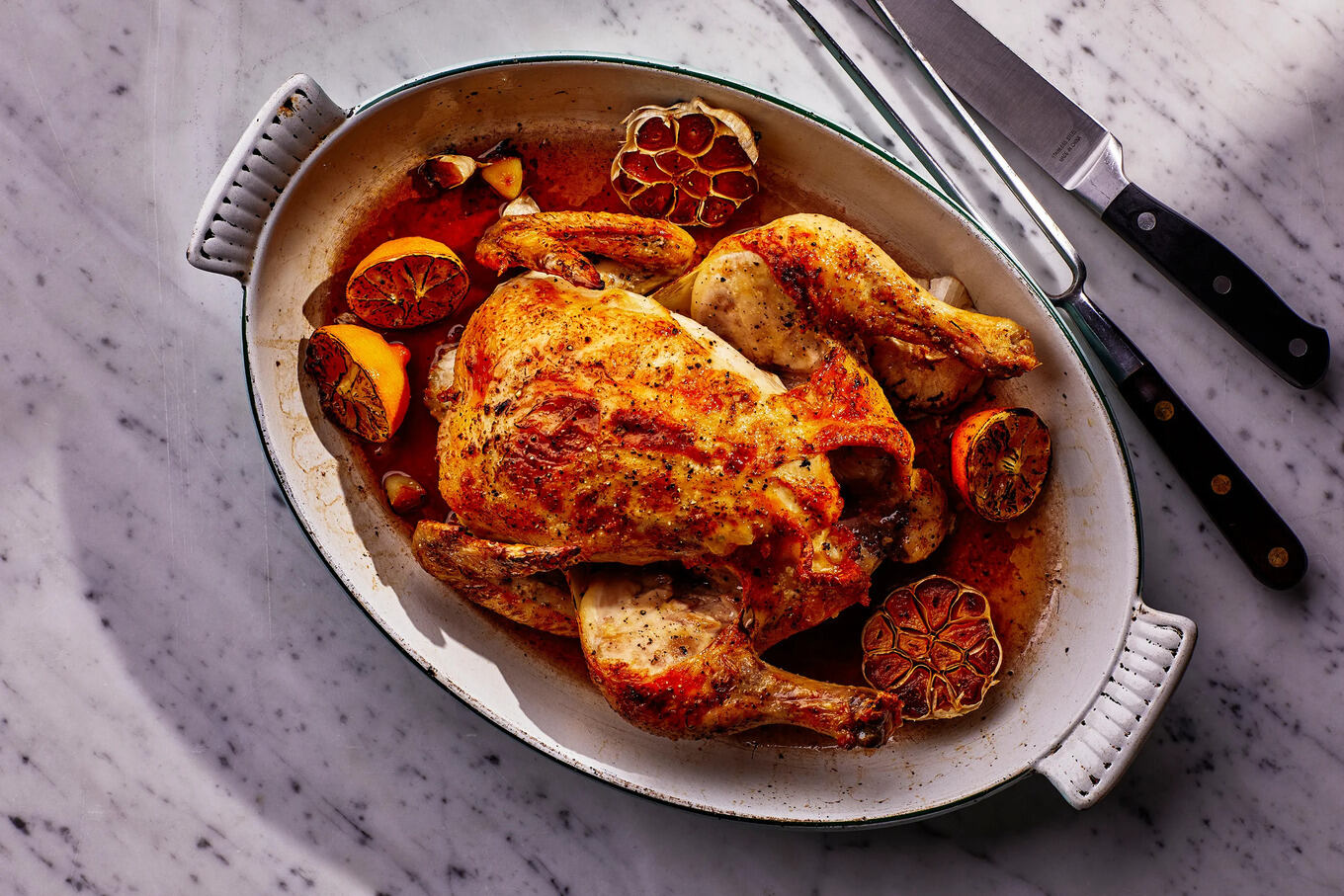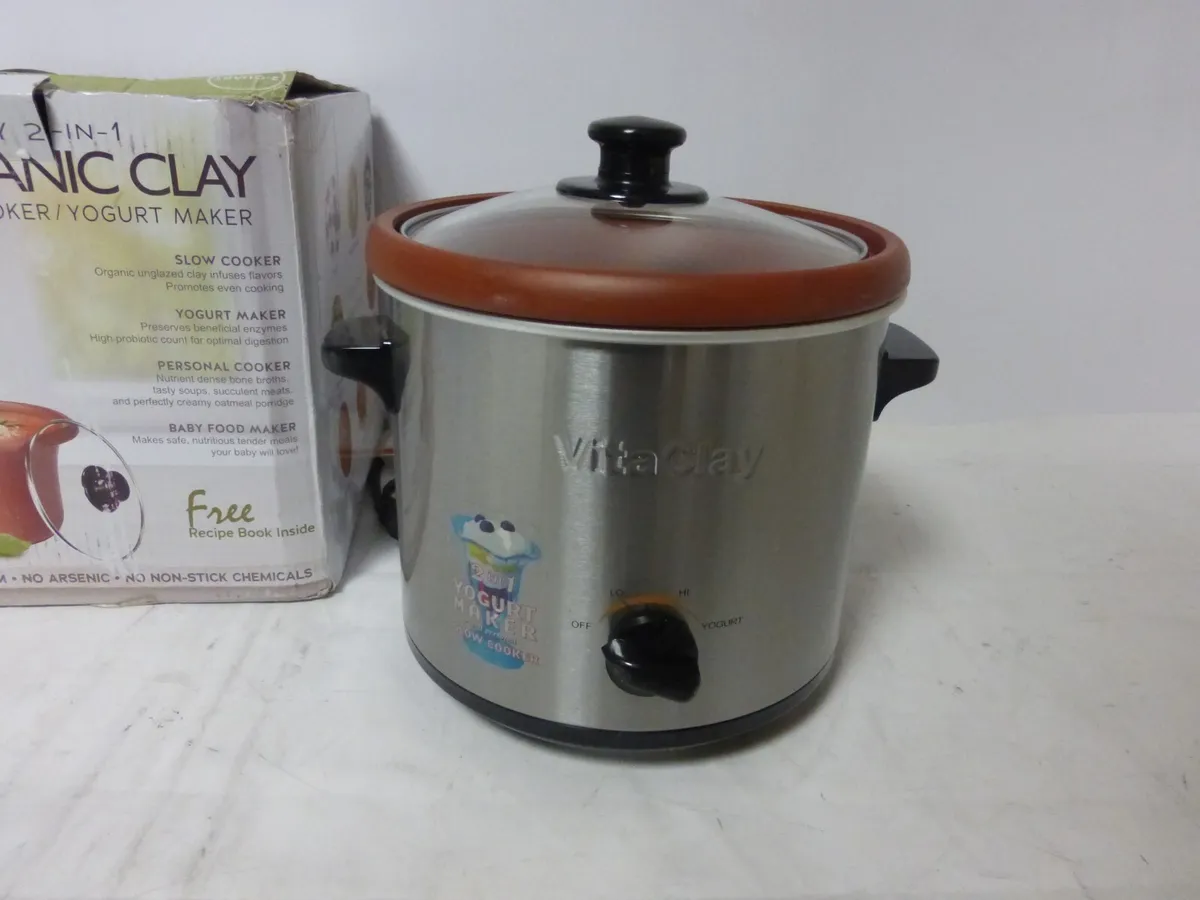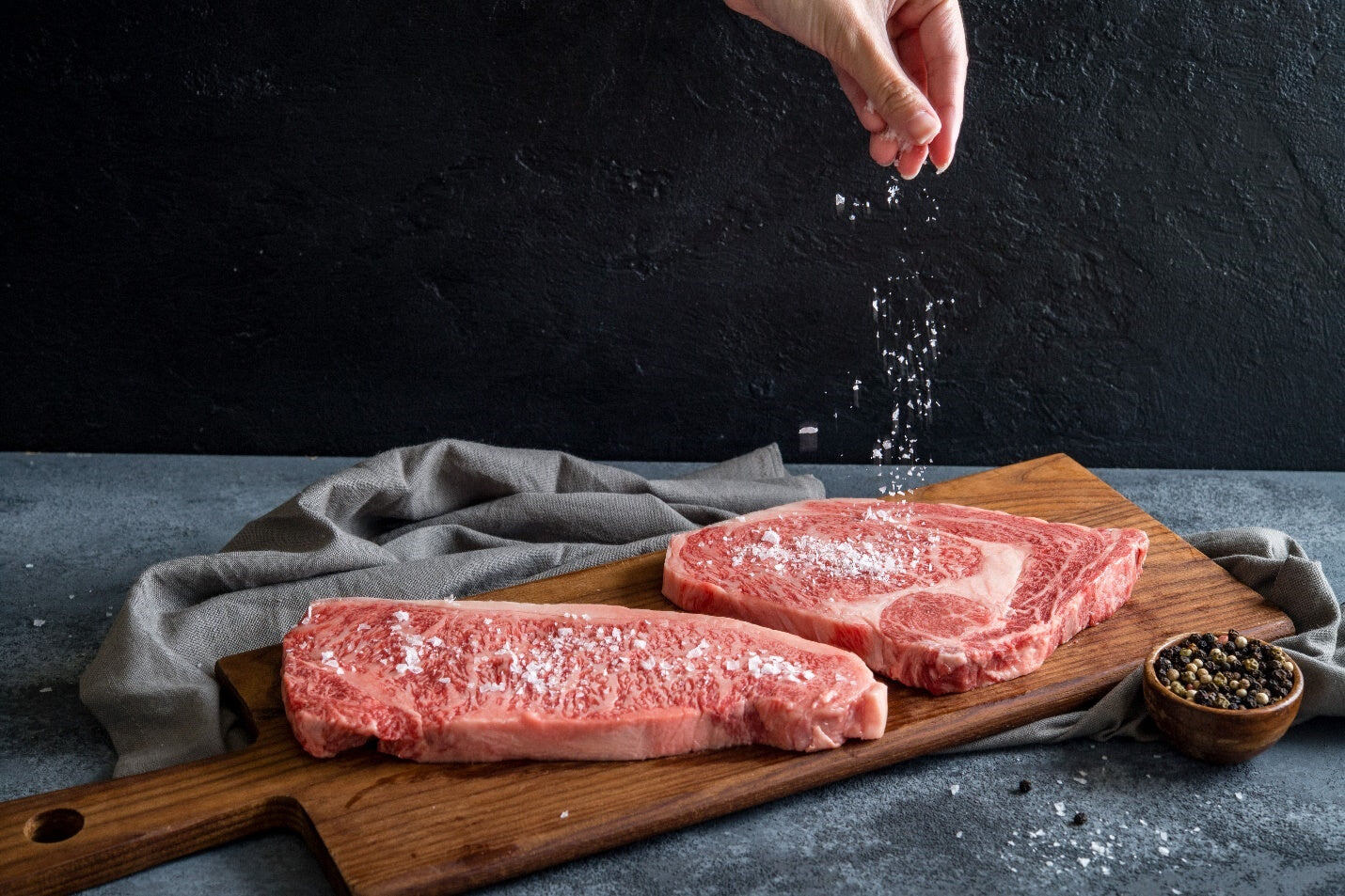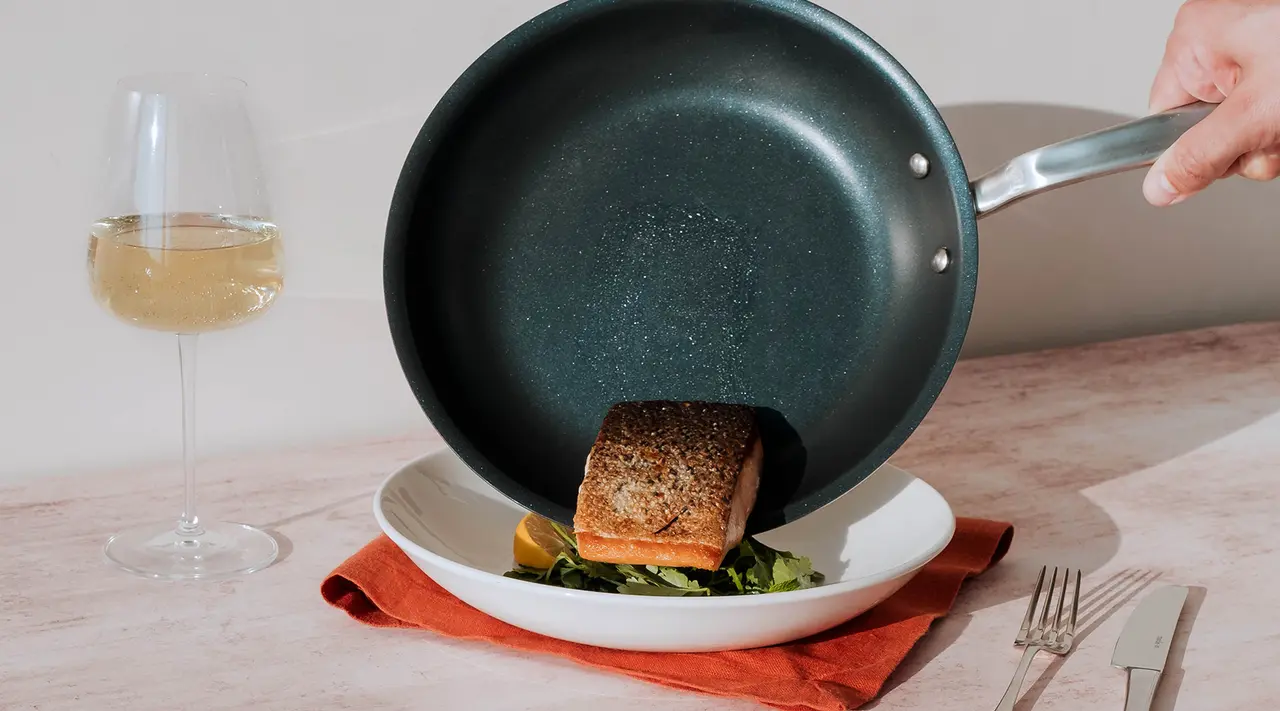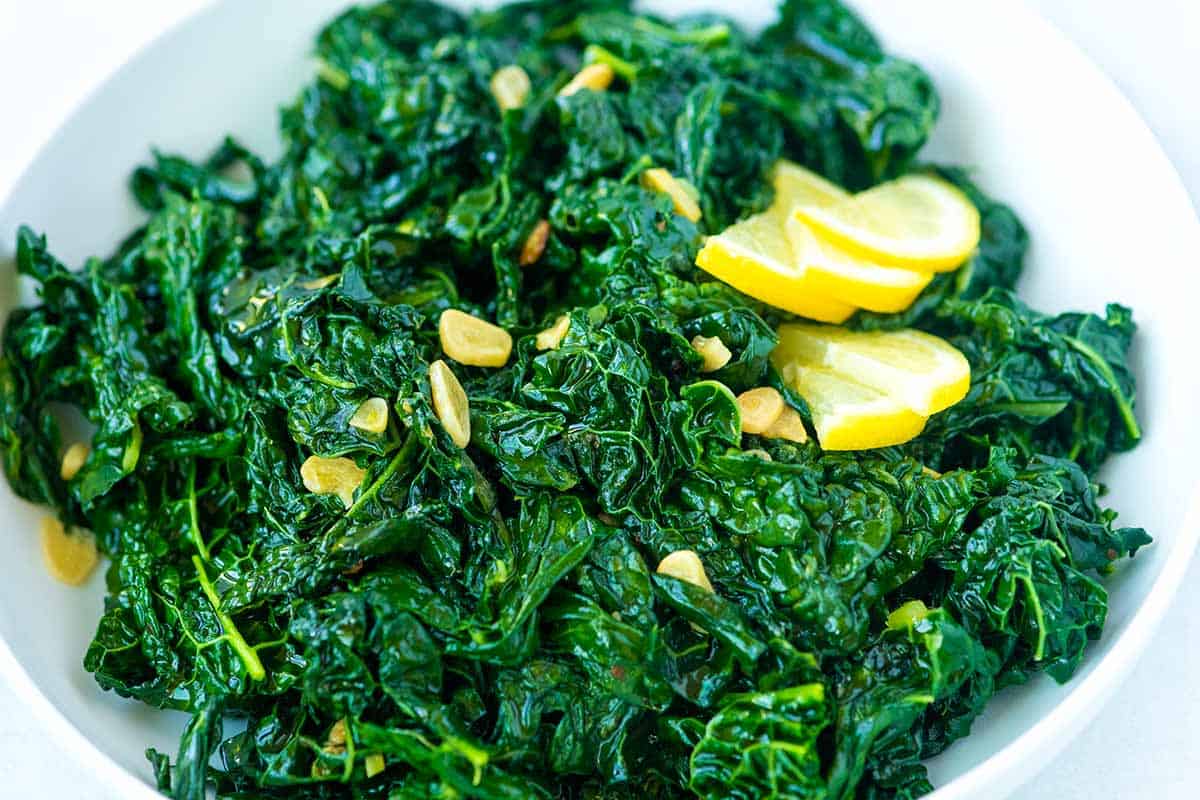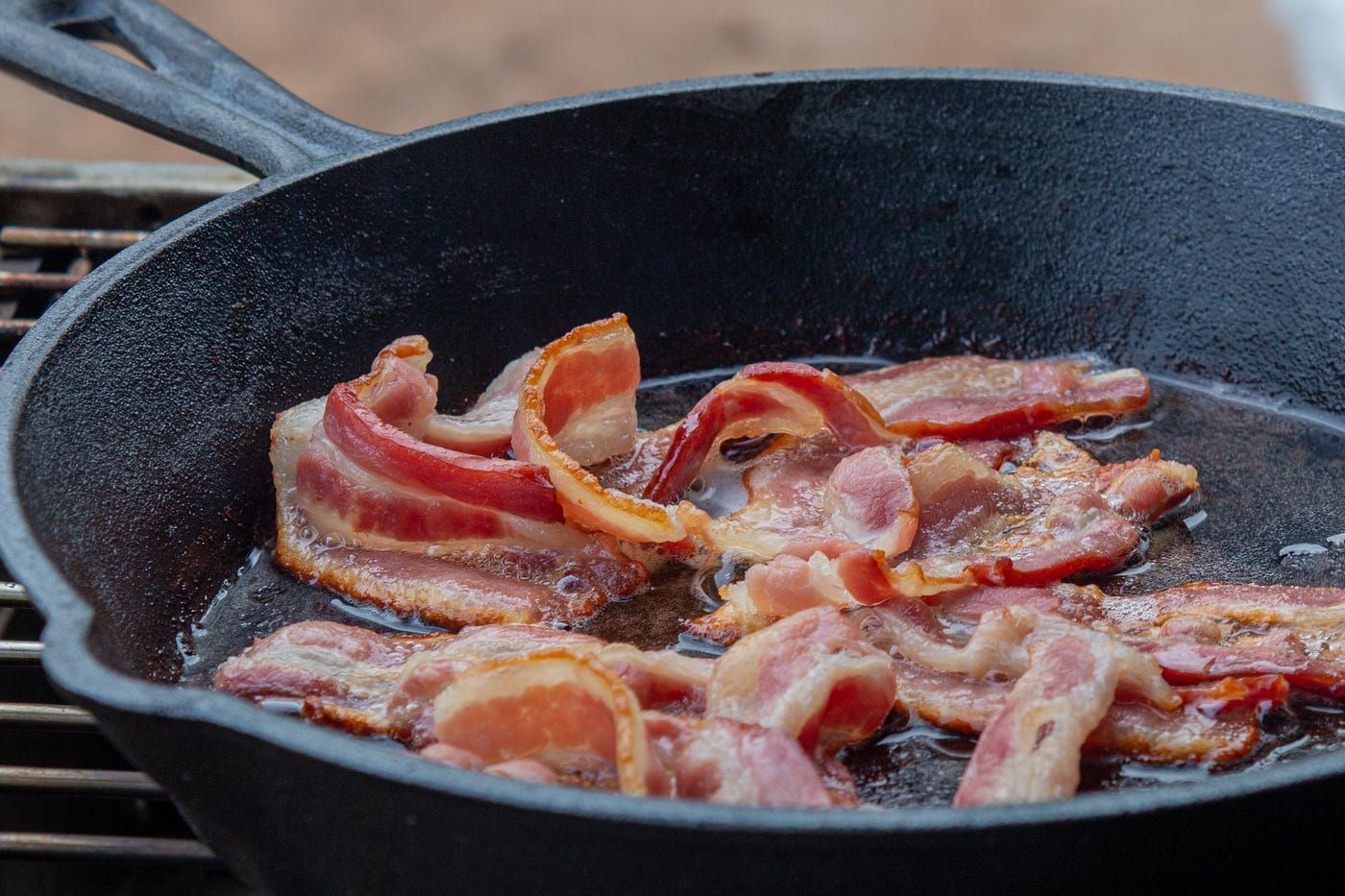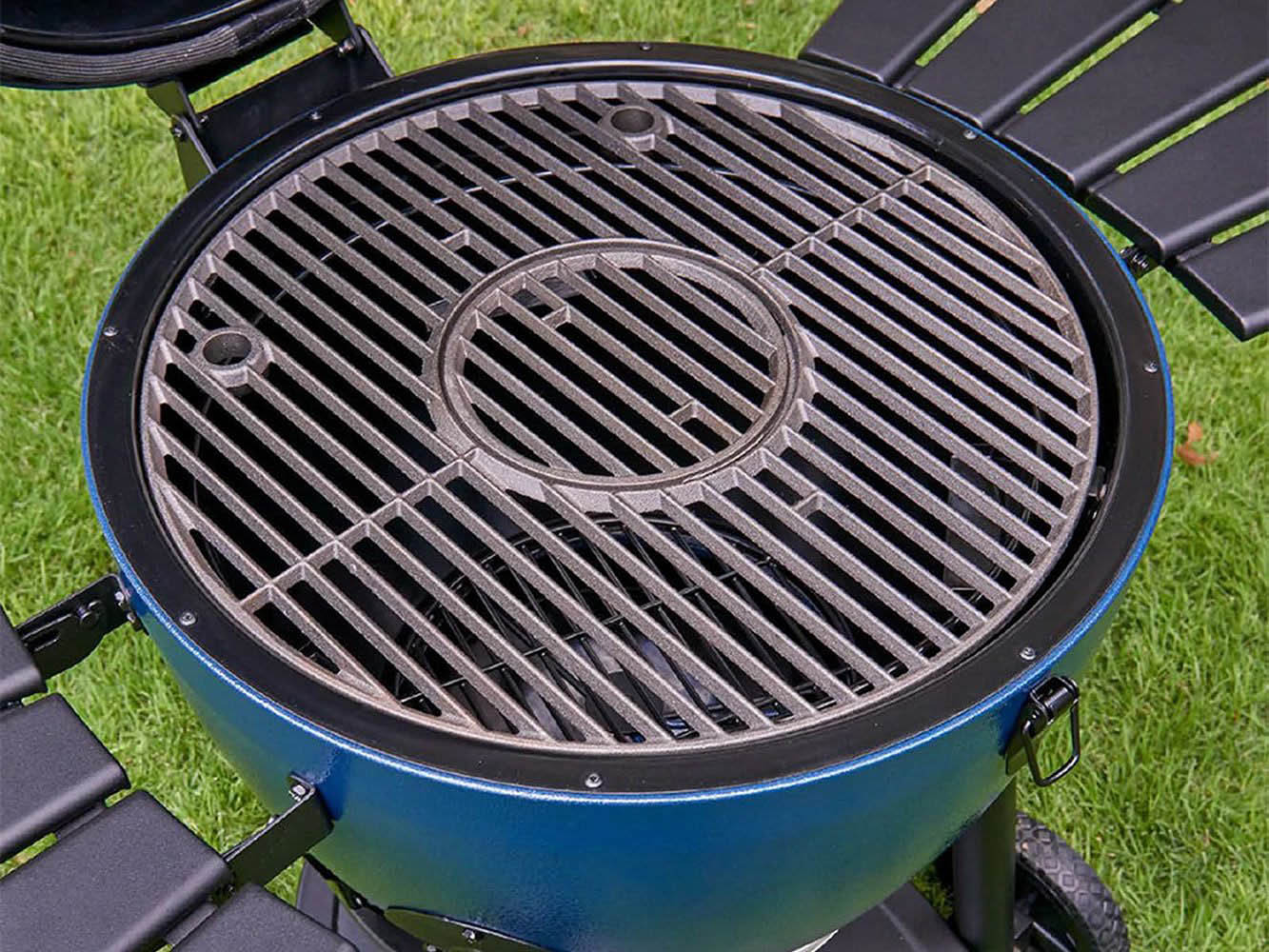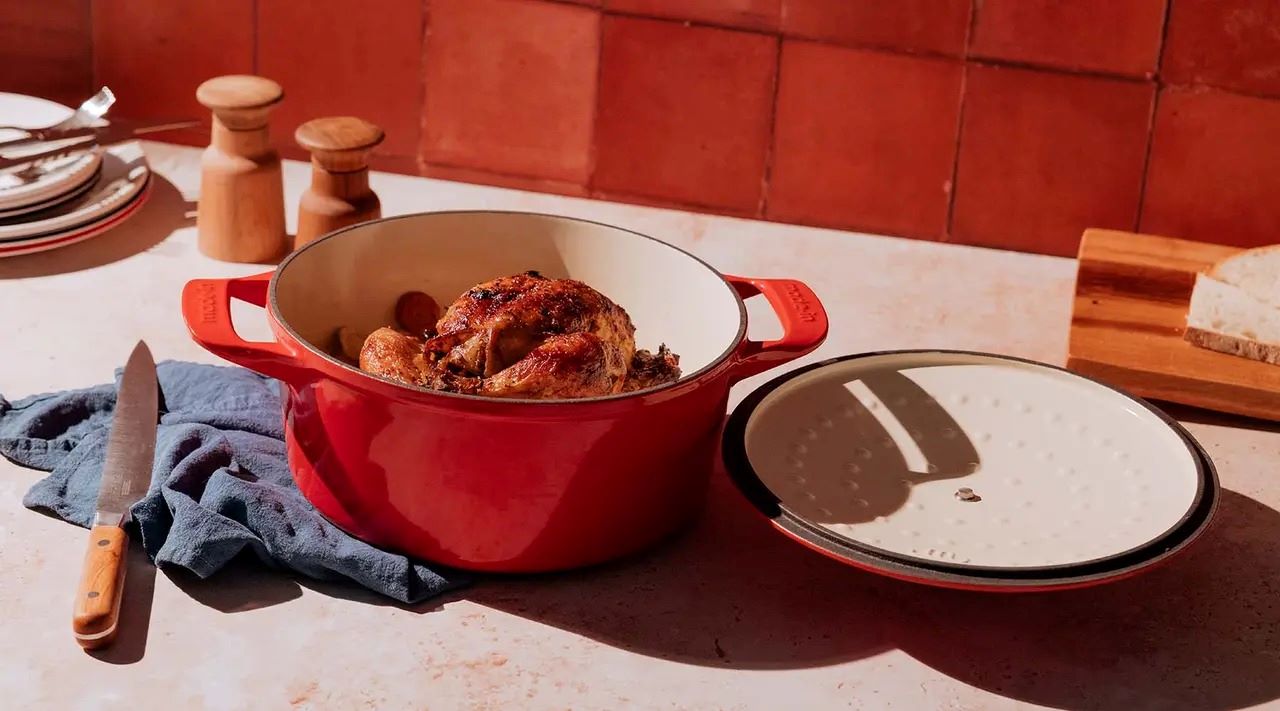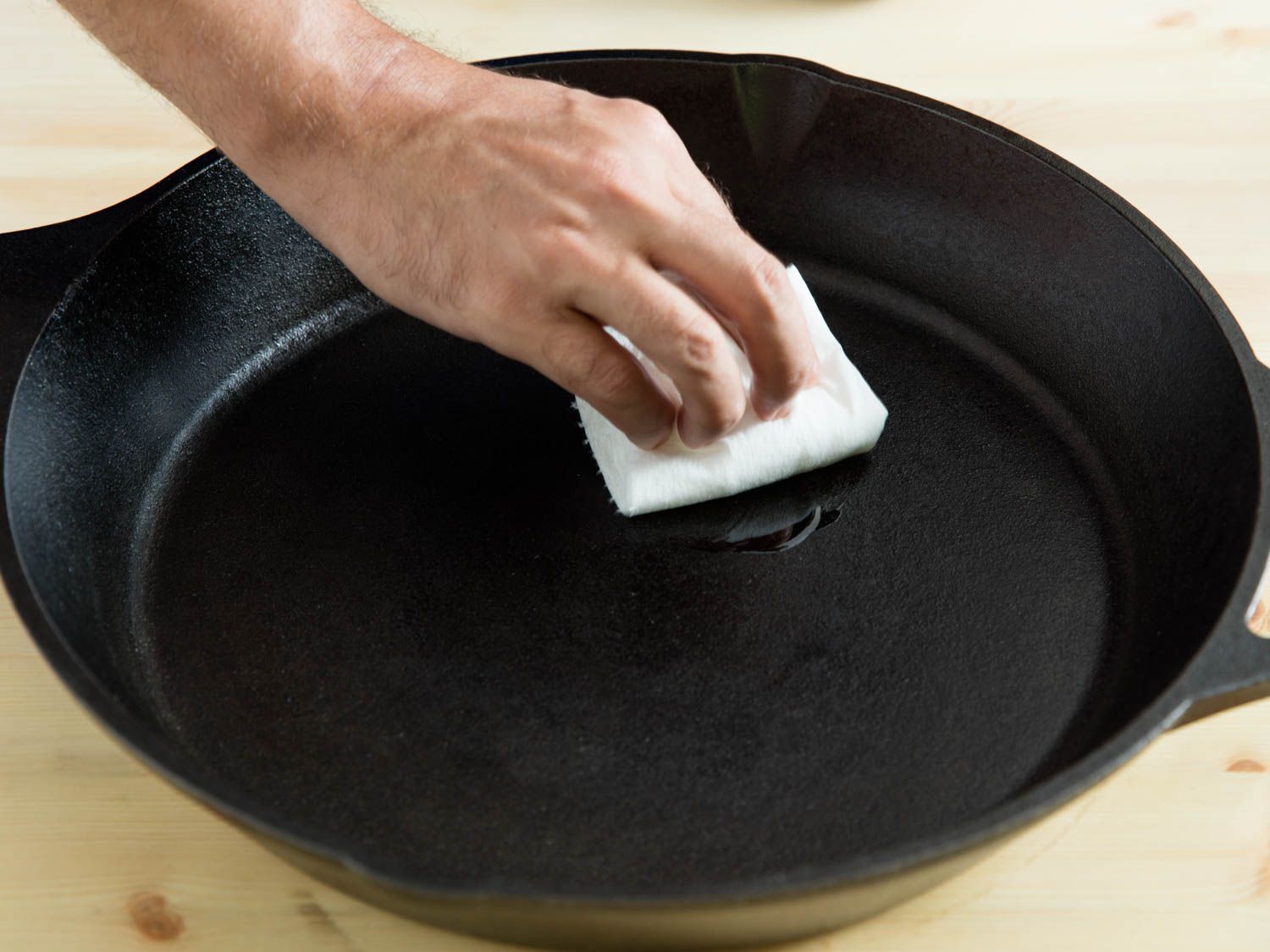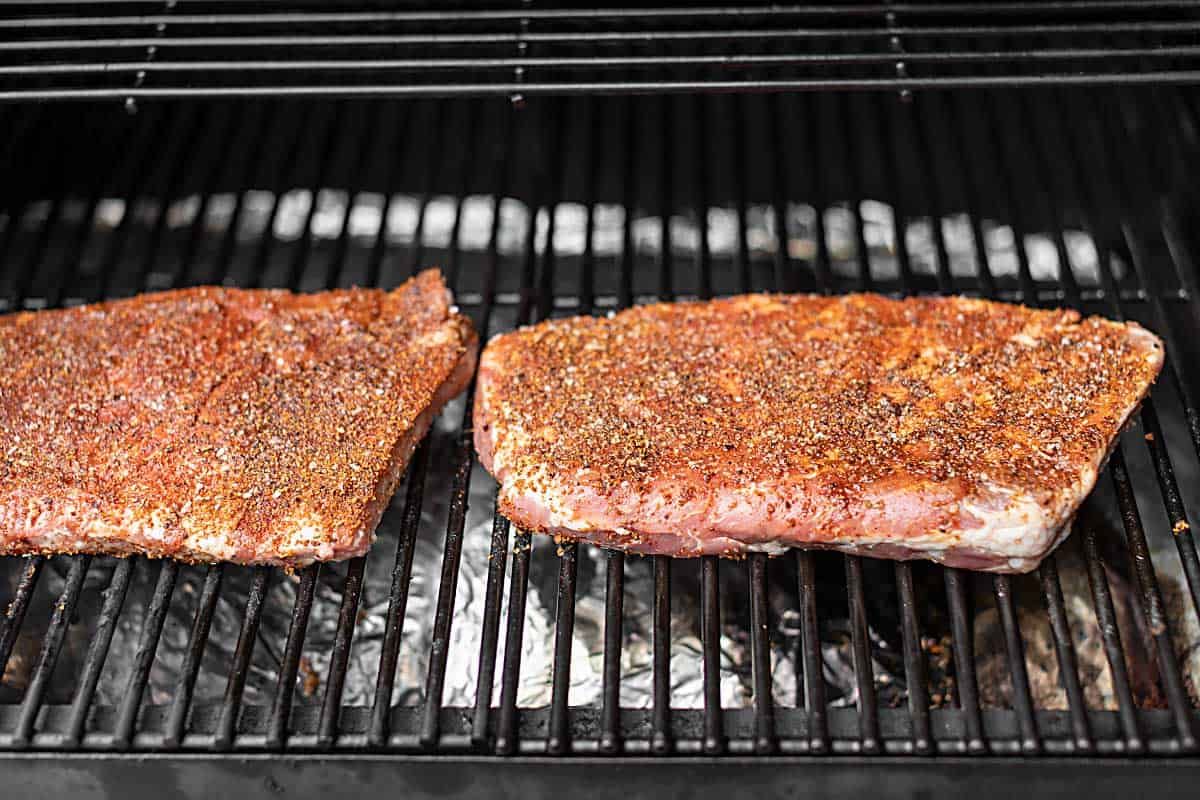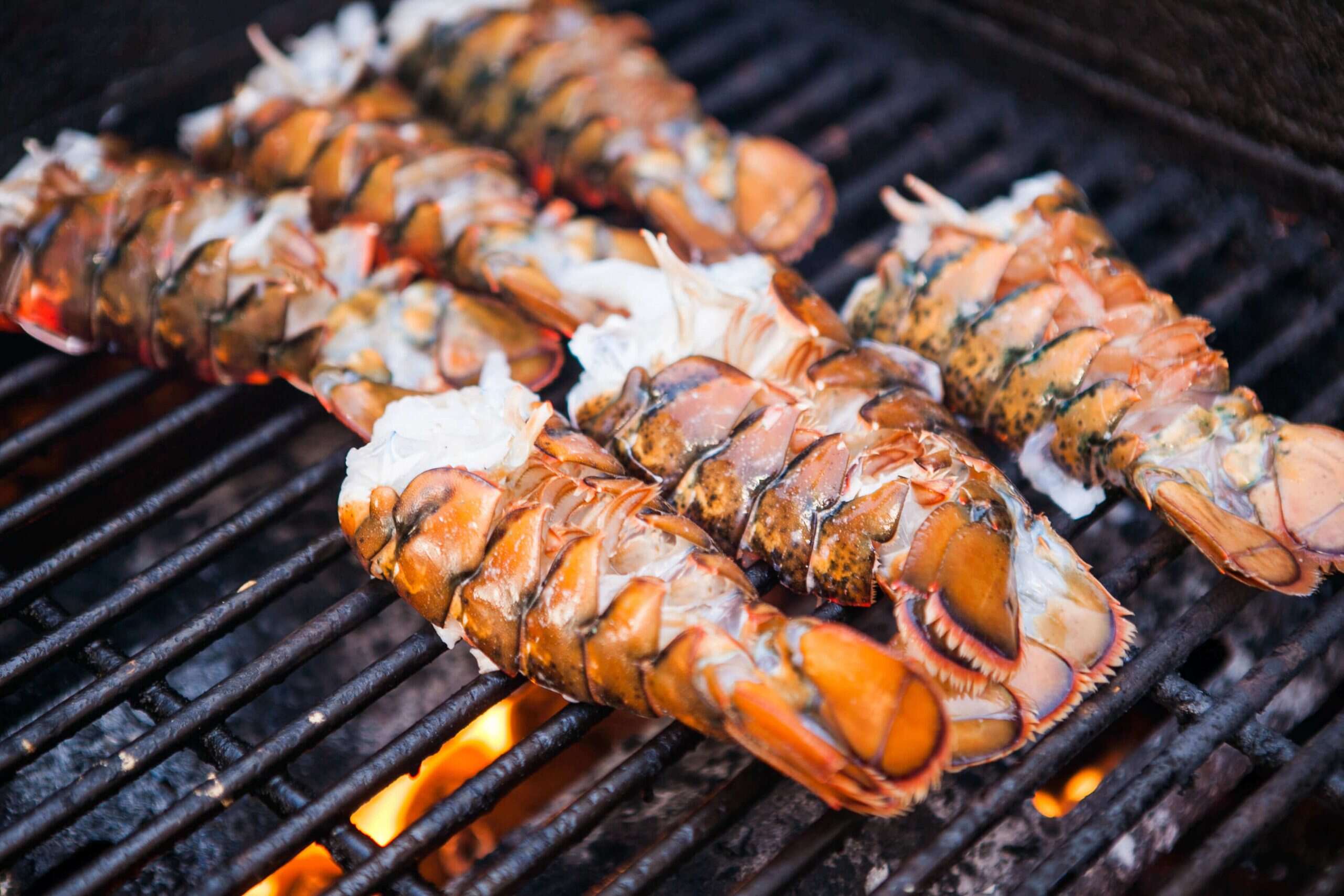11 Dried Herbs Every Cook Should Own
When it comes to enhancing the flavors of your dishes, there’s nothing quite like the aroma and taste of dried herbs. These culinary essentials not only add depth and complexity to your cooking but also provide numerous health benefits. Whether you’re an experienced chef or just starting your culinary journey, here are 11 dried herbs that every cook should have in their pantry:
- Basil: This versatile herb is a staple in Italian cuisine. Its sweet and slightly peppery flavor pairs well with tomatoes, making it perfect for pasta sauces, pesto, and bruschetta.
- Parsley: Known for its fresh and bright flavor, parsley is commonly used to garnish dishes. It’s also a key ingredient in many Mediterranean recipes, adding a burst of freshness to salads, soups, and stews.
- Oregano: With its robust and earthy flavor, oregano is a must-have herb for any cook. Most commonly used in Italian and Greek cuisine, it’s perfect for seasoning pizzas, pasta sauces, and roasted vegetables.
- Thyme: This fragrant herb adds a subtle, lemony flavor to dishes and works well with both meats and vegetables. It’s great for marinades, roasted chicken, and hearty stews.
- Rosemary: Known for its distinctive pine-like aroma, rosemary is commonly used in Mediterranean and French cooking. It pairs well with roasted meats, potatoes, and bread, adding a delightful herbal flavor.
- Sage: With its slightly bitter and earthy taste, sage is a versatile herb that complements both meat and vegetable dishes. It’s frequently used in stuffing, sausage, and as a seasoning for roasted poultry.
- Thyme: Similar to thyme but with a milder flavor, marjoram is a popular herb in Mediterranean cuisine. It’s often used in tomato-based dishes, soups, and stews, adding a delicate herbal note.
- Mint: Mint is known for its refreshing and cooling properties. It adds a bright and aromatic touch to both sweet and savory recipes, such as salads, teas, cocktails, and desserts.
- Dill: With its unique and slightly tangy flavor, dill is commonly used in pickling and seafood dishes. It pairs well with salmon, cucumbers, and cream-based dressings.
- Cilantro: Bursting with fresh and citrusy flavors, cilantro is a key ingredient in many Mexican, Indian, and Southeast Asian dishes. It’s perfect for salsas, curries, and marinades.
- Chives: These delicate, onion-flavored herbs are perfect for adding a hint of freshness to dishes. They’re often used as a garnish for soups, salads, and creamy dips.
By having these 11 dried herbs in your pantry, you’ll be equipped to add incredible flavors to your culinary creations. Experiment with different combinations and discover your favorite herb-infused dishes. Happy cooking!
Share your thoughts on the 11 essential dried herbs every cook should have in their pantry in the Ingredients Spotlight forum section.
FAQ:
What are the 11 dried herbs every cook should own?
The 11 dried herbs that every cook should have in their pantry are basil, oregano, thyme, rosemary, sage, parsley, cilantro, dill, mint, bay leaves, and tarragon. These herbs can greatly enhance the flavor of a wide variety of dishes and are versatile enough to be used in different types of cuisines.
How should dried herbs be stored to maintain their freshness?
To maintain the freshness of dried herbs, it is important to store them properly. Keep them in airtight containers, preferably glass jars, in a cool, dark, and dry place. Avoid placing them near the stove or any source of heat or moisture, as these conditions can cause the herbs to lose their flavor and potency faster.
Can dried herbs be substituted for fresh herbs in recipes?
Yes, dried herbs can be substituted for fresh herbs in recipes, but there are a few things to keep in mind. Dried herbs are more concentrated in flavor than fresh herbs, so you will need to use a smaller amount compared to the fresh herb called for in the recipe. As a general rule, you can use one-third of the amount of dried herbs as the equivalent fresh herbs.
Are there any dishes where specific dried herbs are commonly used?
Yes, certain dried herbs are commonly used in specific dishes. For example, oregano is commonly used in Italian dishes like spaghetti sauce and pizza. Basil is often used in Mediterranean and Thai cuisines, while rosemary and thyme are popular in roasted meats and vegetable dishes. It’s always good to experiment and find combinations that work well for your taste preferences.
Are there any health benefits to using dried herbs?
Yes, dried herbs offer several health benefits. They are rich in antioxidants, vitamins, and minerals that can support overall health and well-being. Different herbs have specific health benefits, for example, sage is known for its anti-inflammatory properties, while parsley is a good source of vitamin C and iron. Incorporating a variety of dried herbs into your cooking can add both flavor and nutritional value to your meals.
Can I use dried herbs in beverages like tea or infused water?
Absolutely! Dried herbs can be used to make flavorful teas and infused water. Mint and chamomile are popular choices for herbal teas, while herbs like rosemary and thyme can add a refreshing twist to infused water. Simply steep the dried herbs in hot water for teas or add them to cold water and let them infuse for a few hours for flavored water. It’s a great way to enjoy the aromatic and calming properties of herbs.
Can I grow my own dried herbs at home?
Yes, growing your own dried herbs at home is a wonderful idea. Many herbs are easy to grow in pots or in a garden, and you can have a fresh supply of herbs that you can dry and store yourself. Some popular herbs to grow at home include basil, thyme, parsley, and mint. It’s a rewarding and cost-effective way to have a steady supply of dried herbs for your cooking needs.
Was this page helpful?
Read Next: How To Make A Spice Rub
